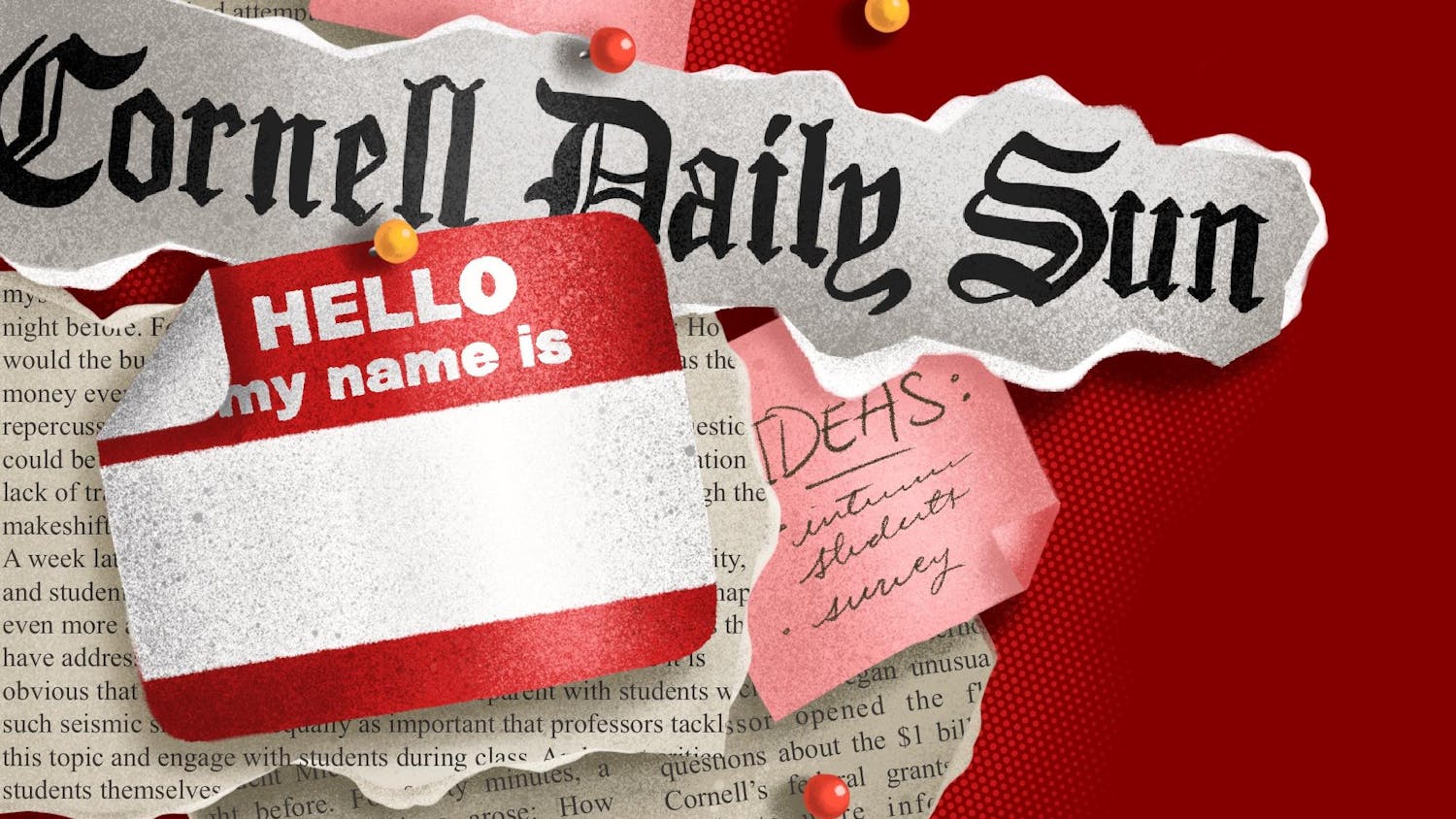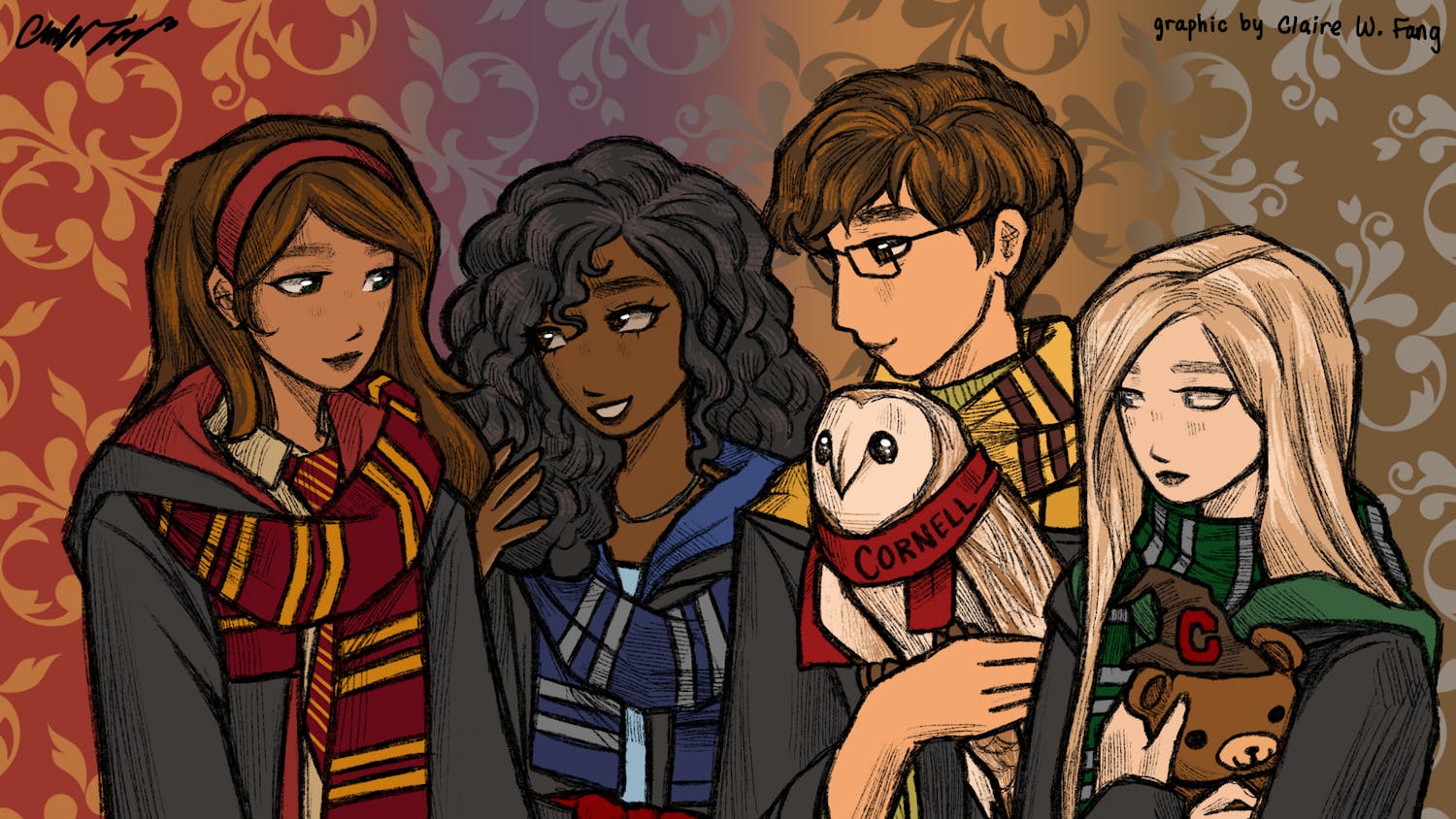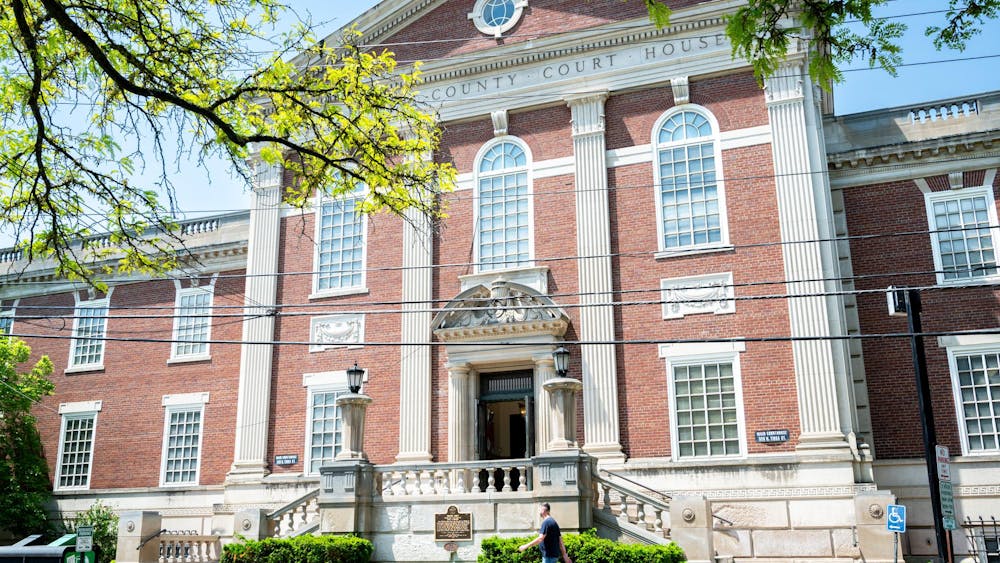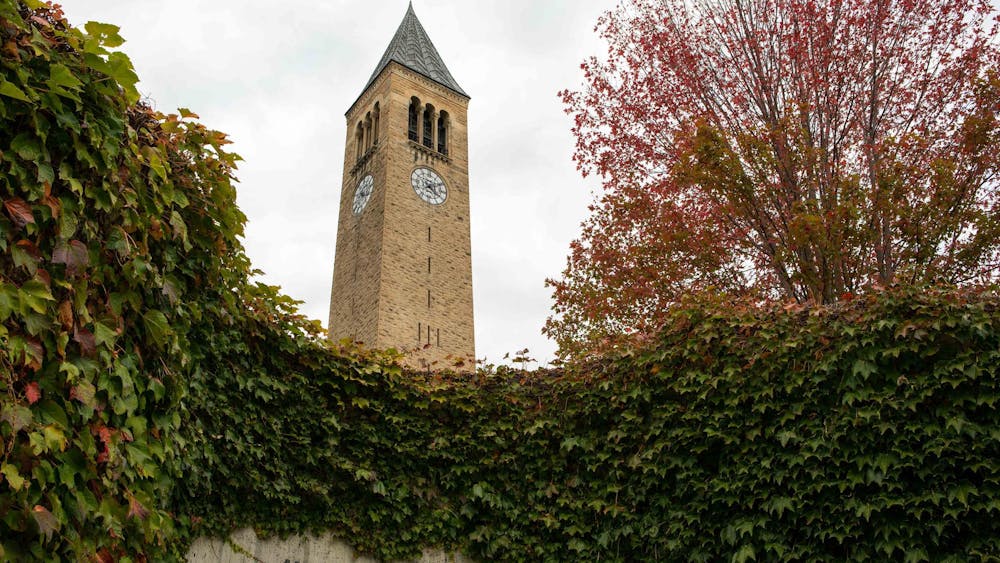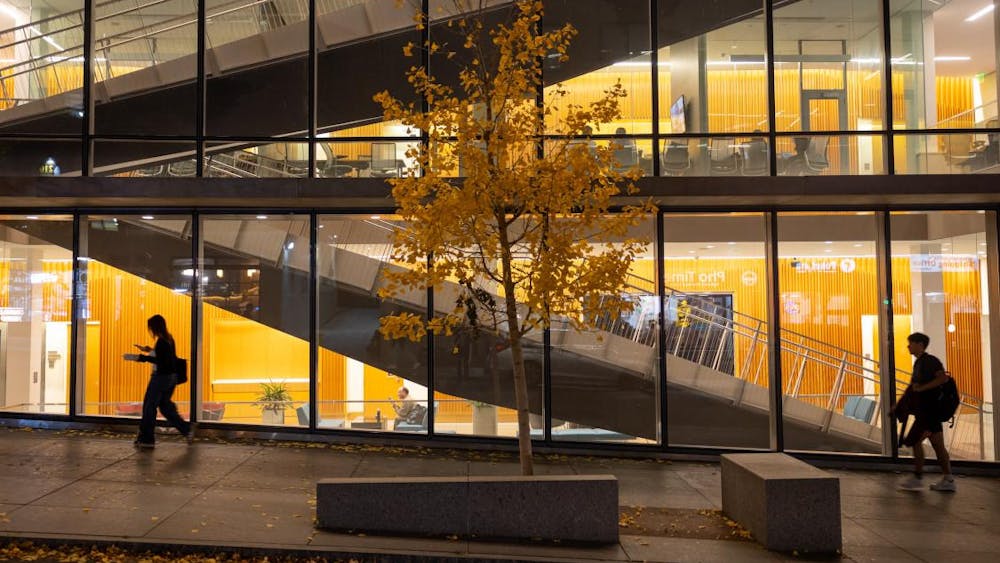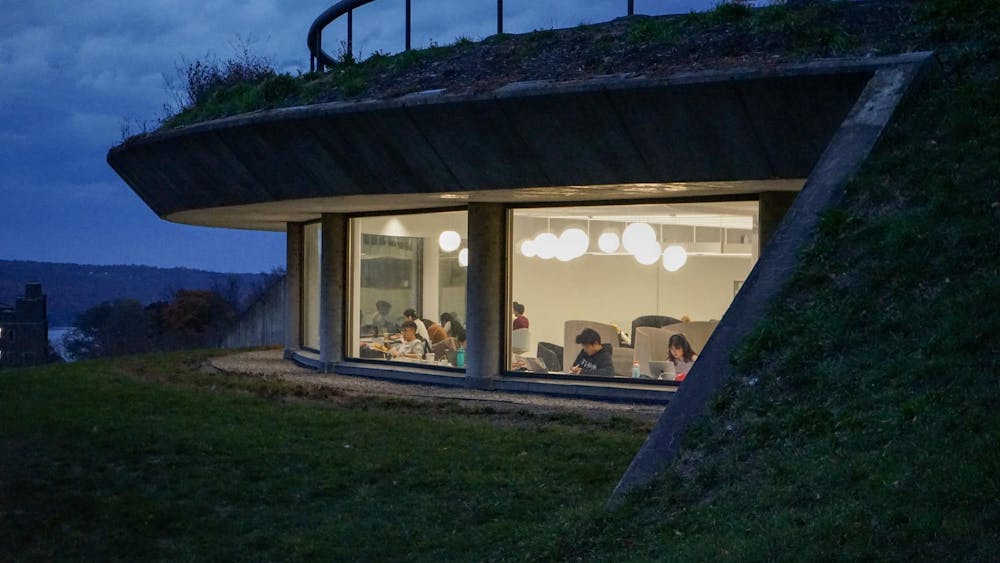Last week, a student submitted a response through my Tip Sheet following a difficult conversation with their younger sister, a student at another Ivy League school. “She asked me ‘Would you be friends with someone who voted for Trump?’” Their reply was instinctive: “yes of course” while “[their sister’s] answer was a definite no.” The student explained that this difference was not out of ideology, but lived experience: “My friends voted for Trump. They’re my friends. If they were scoundrels, I wouldn’t be friends with them.”
But that answer opened the door to deeper questions — about empathy, loyalty, history and how we live with political difference. “How do you tell someone, who’s genuinely wondering, that it’s ok to reach across an aisle?” they asked. “Is it even something worth pursuing?” They also reflected on the war in Ukraine, on ruptured friendships and the haunting difficulty of reconciliation.“How do you empathize with someone you can’t understand?”
They ended with a quiet plea: “Where do I find the answers?... I doubt I’m the only person on this campus who needs a list of things to read… Where do I start?”
Thank you for writing with your whole heart. You’re not lost — you’re just paying attention, and I am certain many others feel the same. There’s indeed a quiet, aching courage in what you’re asking. These questions live in your sister’s voice, in the hard knot of knowing that your friends voted for someone whose actions hurt people — and still choosing to be friends. You’re not looking for loopholes; you are looking for something much harder: How to live with complexity without collapsing into extremes, despair or perhaps worse, indifference.
And that’s exactly where we begin: Empathy is not an endorsement. Understanding why someone voted for Trump — or for anyone — is not the same as excusing what that vote enabled. But understanding is still a moral act. Because if we stop trying to understand each other, we stop being a community: in the classroom and outside of it. Building that understanding starts with listening — not to agree, but to learn how someone sees the world, and what shaped that view. I always appreciated the definition that political scientist Jon Elster once proposed for “society:” a space of condensed transactions — exchanges of belief, memory, fear. To understand someone, then, is to pause those transactions long enough to ask what they’re carrying beneath the surface. It means holding your own values while refusing to reduce others to their worst decisions.
My expertise is the twentieth century. In small towns like Bełżec, Poland, Jewish and Catholic neighbors borrowed sugar, raised children next to one another and exchanged holiday greetings. But slowly, that ordinary coexistence began to fracture under the weight of economic hardships, deep-seated prejudices and sharp political rhetoric. Resentments hardened into conspiracies — and eventually, too often, into indifference or outright complicity after 1939. These are the consequences of polarization when it’s left to fester: grievance becomes ideology and cruelty begins not with “monsters,” but with people who once lived side by side. I’ve seen where it leads.
So when you ask, “Is reaching across the aisle even worth it anymore?” my answer is yes, when done with care, with boundaries and with a commitment to justice that doesn’t erase disagreement and makes space for dignity.
You already know that, since you’re trying to live it. And you’re right: “How do you empathize with someone you can’t understand?” might be the central question of our time. Nobody can give you a rulebook. The world doesn’t divide cleanly into villains and heroes, and even though your friends have made a political choice you find deeply painful, you still see them as more than that choice. That’s not weakness but moral imagination. It’s what makes peace possible.
I often think of Eva Mozes Kor, a Holocaust survivor and one of the twins subjected to Josef Mengele’s experiments at Auschwitz. Decades later, she decided to publicly forgive the Nazis — not without backlash — because she refused to let hatred define the rest of her life. That kind of (remarkable) forgiveness is a philosophy, and it takes far more strength than condemnation.
But peace, as you point out, is not the same as forgetting. You wrote: “Last year I was slapped in the face with the fact that history matters.” That line stayed with me, not just because I am a historian. Of course, history matters in who gets believed, protected, mourned, elected, remembered. Peace, if it’s to last, is about choosing to make a different kind of future precisely because of what happened.
Now, about that part near the end — the part that struck me perhaps most: “Where do I find the answers? And don’t answer ‘in a liberal studies education.’ Some of us are technical and can’t handle formal liberal studies education, unlike you.”
Being “good at the technical side” doesn’t disqualify you from wisdom. Anyone who writes “I know there’s something I’m missing and I don’t know where to start” is right where the humanities begin. What you need — what you already have — is a hunger for meaning, a willingness to ask hard questions and the humility to admit what you don’t know. You may not cherish the expression, but in my book, this is what a liberal education looks like — done honestly, done humbly, and done by you.
So, when your little brother asks you about the world, you can tell him it’s complicated, and the best thing we can do, as you put it, is stand by our values, be a good neighbor on and off campus, try to love others and resist the pull of cruelty. Then you can ask him what he thinks. “Just” doing these things may feel unbearably small, but I believe it’s everything. It’s how the fabric of shared life is maintained or even slowly repaired — through care, decency and the refusal to give up on one another. You don’t need to have all the answers to be a guide. You just need to engage and stay in that conversation.
You’re already doing that. And I’m very grateful you wrote.
For the anonymous writer—and everyone else quietly wondering where to begin (or begin anew): Here’s a tentative list based on my personal trajectory. I promise there won’t be a quiz. Think of it as a backpack for your individual journeys.
On Political Polarization and Moral Divides
- Why We’re Polarized – Ezra Klein
- Polarized – James E. Campbell
- Uncivil Agreement – Lilliana Mason
- The Righteous Mind – Jonathan Haidt
- The Monarchy of Fear – Martha C. Nussbaum
- On Tyranny – Timothy Snyder
- The Influential Mind – Tali Sharot
- The Fire Next Time – James Baldwin
On Dialogue and Listening in a Fractured World
- High Conflict – Amanda Ripley
- Let’s Be Reasonable – Jonathan Marks
- Braver Angels Podcast
- The Empathy Exams: Essays – Leslie Jamison
- Gravity and Grace – Simone Weil
- Man’s Search for Meaning – Viktor E. Frankl
- Hope in the Dark – Rebecca Solnit
On Psychology and the Human Mind
- Thinking, Fast and Slow – Daniel Kahneman
- The Scout Mindset – Julia Galef
- Think Again – Adam Grant
- Mistrust– Ethan Zuckerman
- The Presentation of Self in Everyday Life – Erving Goffman
- Misbehaving – Richard Thaler
Jan Burzlaff is a Postdoctoral Associate in the Program for Jewish Studies. Office Hours (Open Door Edition) is his weekly dispatch to the Cornell community — a professor’s reflections on teaching, learning and the small moments that make a campus feel human. Readers can submit thoughts and questions anonymously through the Tip Sheet here. He can also be reached at profjburzlaff@cornellsun.com.
The Cornell Daily Sun is interested in publishing a broad and diverse set of content from the Cornell and greater Ithaca community. We want to hear what you have to say about this topic or any of our pieces. Here are some guidelines on how to submit. And here’s our email: associate-editor@cornellsun.com.
Jan Burzlaff is an Opinion Columnist and a Postdoctoral Associate in the Program for Jewish Studies. Office Hours (Open Door Edition) is his weekly dispatch to the Cornell community — a professor’s reflections on teaching, learning and the small moments that make a campus feel human. Readers can submit thoughts and questions anonymously through the Tip Sheet here. He can also be reached at profjburzlaff@cornellsun.com.




